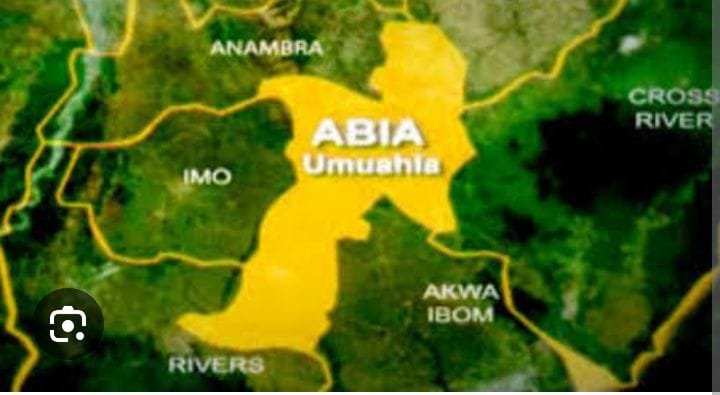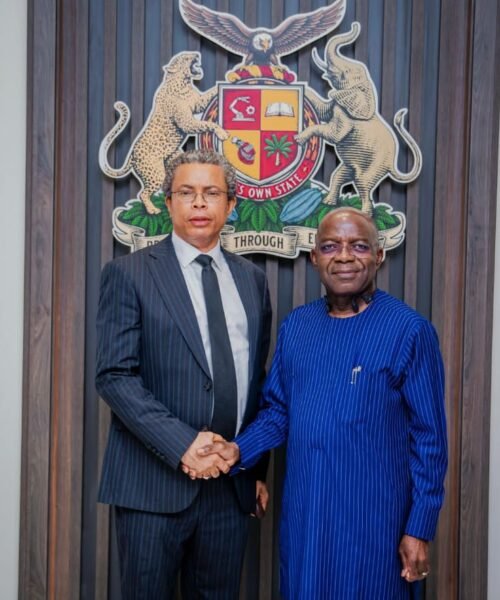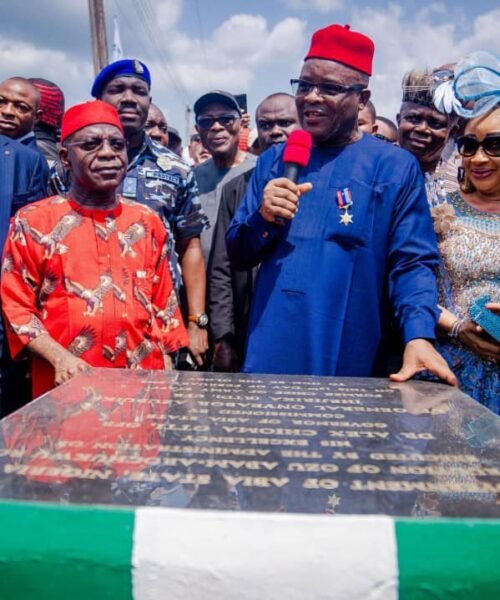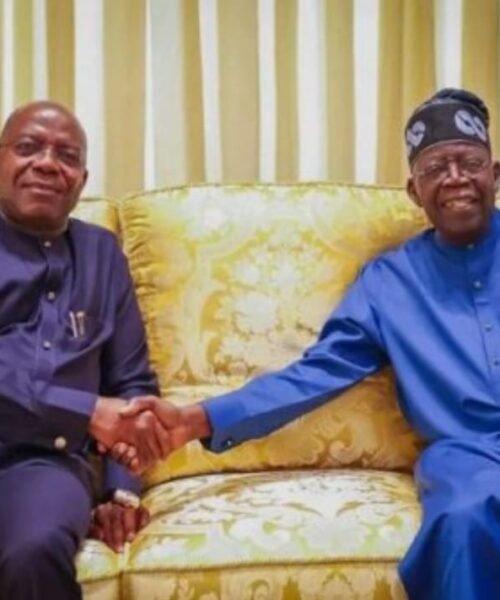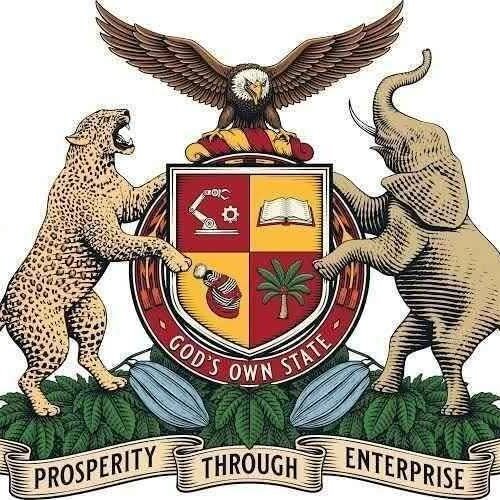The Fragility of Economic Recovery in Abia State: The Need for Stakeholders’ Involvement Across Party Lines
Abia State, one of the 36 states in Nigeria, has been grappling with economic challenges for decades. Despite being one of the most industrious states in the country, Abia’s economy has struggled to gain momentum. According to the National Bureau of Statistics (NBS), Abia State’s GDP growth rate has been sluggish, averaging 2.5% between 2015 and 2020, compared to the national average of 3.5%.
The state’s economic woes are further exacerbated by its high poverty rate. According to the NBS’s 2020 Poverty and Inequality Report, Abia State has a poverty rate of 27.4%, higher than the national average of 23.2%. This translates to over 1.5 million people living below the poverty line. Moreover, the state’s unemployment rate stands at 25.6%, significantly higher than the national average of 23.1%.
Despite these challenges, there are indications that Abia State’s economy is slowly recovering. The state’s Internally Generated Revenue (IGR) has been increasing steadily, from ₦12.8 billion in 2015 to ₦19.57 billion in 2021. Although the latest figures for 2022 and 2023 are not yet available, this upward trend suggests that the state is making progress in boosting its revenue base. However, these efforts are fragile and require sustained support from stakeholders across party lines to achieve meaningful and lasting economic recovery.
The State of Abia economy
Abia State’s economy has been experiencing sluggish growth in recent years. According to the National Bureau of Statistics (NBS), the state’s Gross Domestic Product (GDP) grew by 2.5% in 2021, lower than the national average of 3.4%. The state’s GDP per capita also declined from ₦44,315 in 2020 to ₦42,916 in 2021. This decline in GDP per capita indicates a decrease in the standard of living of the average Abia resident.
The state’s economic challenges are further compounded by its high poverty rate. According to the NBS’s 2022 Poverty and Inequality Report, Abia State has a poverty rate of 30.4%, higher than the national average of 26.3%. This translates to over 1.7 million people living below the poverty line. Moreover, the state’s unemployment rate stands at 28.1%, significantly higher than the national average of 23.1%. The youth unemployment rate is even more alarming, at 43.1%.
Despite these challenges, Abia State has been making efforts to boost its revenue base. The state’s Internally Generated Revenue (IGR) increased from ₦19.57 billion in 2021 to ₦24.8 billion in 2022, representing a growth rate of 26.7%. This growth in IGR is attributed to the state government’s efforts to improve tax collection and administration. However, the state still relies heavily on federal allocations, which account for over 70% of its revenue.
The Need for Stakeholders’ Involvement
Stakeholders’ involvement is crucial for Abia State’s economic recovery. The private sector, in particular, has a vital role to play in driving economic growth and development. According to the Nigerian Investment Promotion Commission (NIPC), Abia State received a total of ₦14.1 billion in investments in 2022, a significant increase from the ₦8.5 billion recorded in 2021. However, this investment inflow is still a far cry from the state’s potential. To unlock this potential, the state government must create an enabling environment for businesses to thrive, through policies and incentives that encourage private sector investment.
Civil society organizations (CSOs) and community-based organizations (CBOs) also have a critical role to play in Abia State’s economic recovery. These organizations can help to mobilize communities, promote economic empowerment, and hold the government accountable for its economic development policies. According to the Nigerian Network of NGOs (NNNGO), there are over 500 registered CSOs in Abia State, working on various development issues. By leveraging the strengths of these organizations, the state government can tap into their expertise, resources, and networks to drive economic growth and development.
Breaking Down Party Lines
The need for stakeholders’ involvement in Abia State’s economic recovery cannot be overstated, and this requires breaking down party lines. Political polarization has been a major obstacle to economic development in the state, with different political parties and interest groups often working at cross-purposes. However, by putting aside partisan interests and working together, stakeholders can help to create a more enabling environment for economic growth and development. According to a survey by the Nigerian Institute of Policy and Strategic Studies (NIPSS), 75% of respondents in Abia State identified political instability as a major constraint to economic development.
To achieve this, the state government must create platforms for inclusive dialogue and participation, where stakeholders from different political backgrounds can come together to discuss economic development issues. This can include regular town hall meetings, stakeholders’ forums, and other forms of engagement. By fostering a culture of collaboration and inclusivity, the state government can help to build trust and confidence among stakeholders, and create a more conducive environment for economic growth and development. According to the World Bank, inclusive governance can increase economic growth by up to 2% per annum.

Conclusion
Gov. Otti has called on all and sundry, explaining that Abia State’s economic recovery is a collective responsibility that requires the involvement of all stakeholders, regardless of their political affiliations. Otti posited that the state’s economic challenges are complex and multifaceted, and can only be addressed through a collaborative effort. By working together, stakeholders can help to create a more enabling environment for economic growth and development, and ensure that the state’s economic recovery is sustainable and inclusive. As the Nigerian economist, Prof. Pat Utomi, once noted, “Economic development is a marathon, not a sprint.”
To achieve this, Dr Alex Chioma Otti said in a meeting with some development experts last Tuesday, that the state government is conscientiously demonstrating leadership and commitment to inclusive governance and economic development which requires creating platforms for stakeholder engagement, promoting transparency and accountability, and implementing policies that support private sector growth and development. Otti is confident that Abia State will unlock its economic potential, reduce poverty and inequality, and achieve sustainable economic growth and development in the long run. In my humble opinion, since his administration is pushing policies and demonstrating leadership, Abia State is definitely become a model for economic development in Nigeria, and a beacon of hope for its citizens.
Dr Chukwuemeka Ifegwu Eke writes from the University of Abuja Nigeria.

